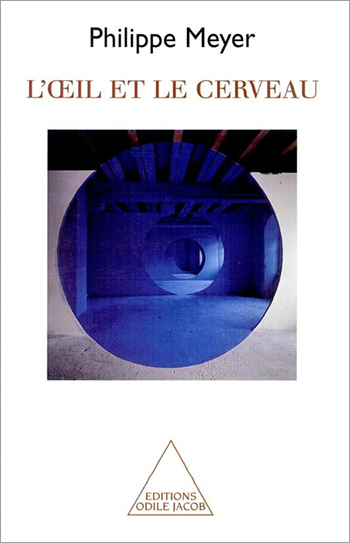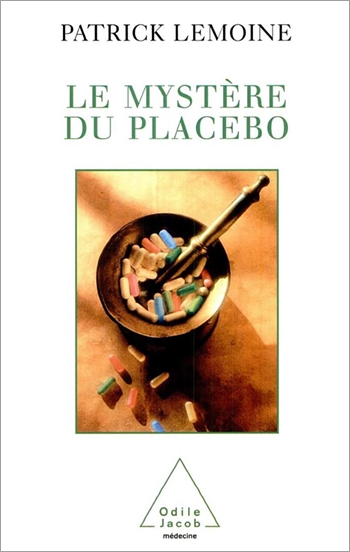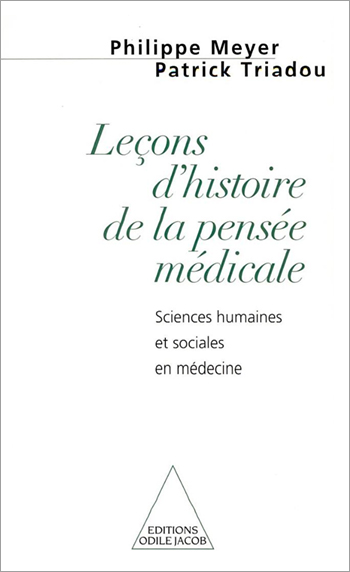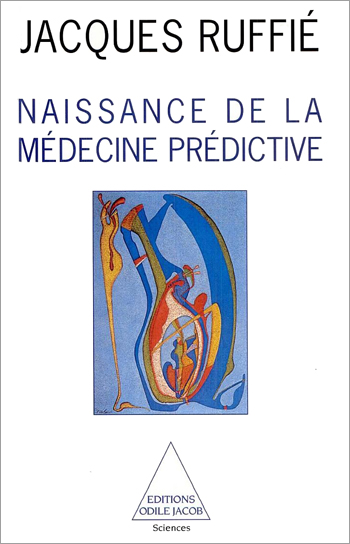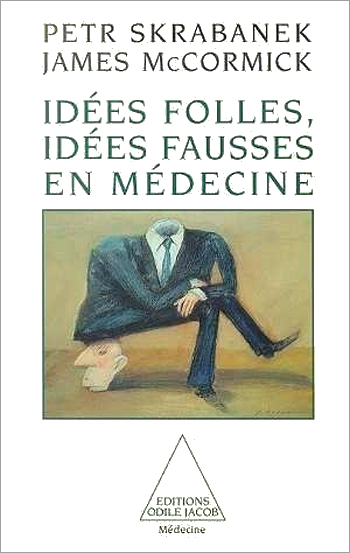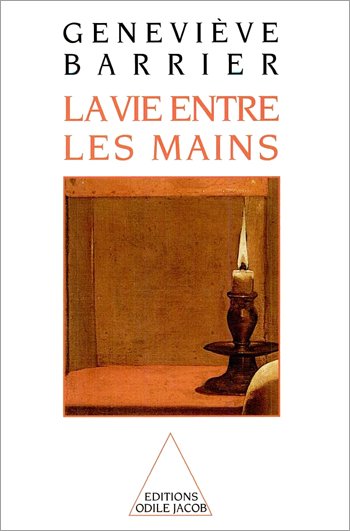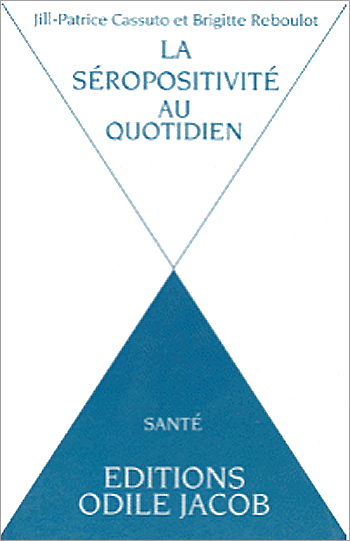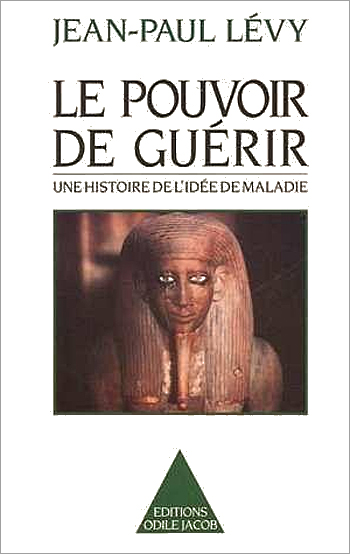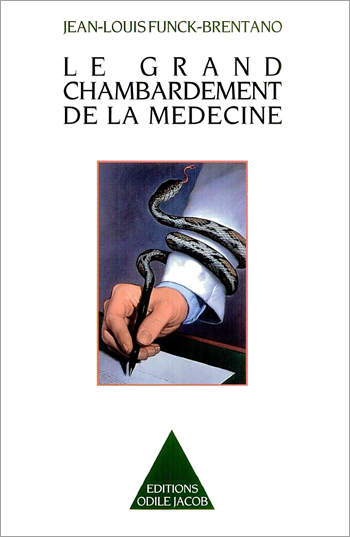General All books

René Frydman
God, Medicine and the Embryo
With ethical questions raised about medically assisted pregnancies and medical experimentation, the eugenics debate has become a mute point. Yet bioethical legislation has remained ambiguous. René Frydman has made himself the ardent defender of progenics, a predictive and humanistic medicine. Here, Frydman reflects on the problem of the human embryo through the different points of view of science, religion, law, and morality, and answers ethical and religious questions that he has been asked by his patients. René Frydman is a gynecologist-obstetrician and a member of the FrenchEthics Committee.
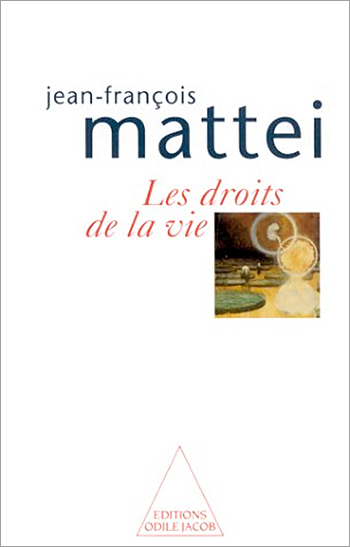
Jean-François Mattei
The Rights of Life
Medically assisted procreation, prenatal diagnostic, organ transplants, genetic testing : all are part of the spectacular progress characteristic of scientific and medical research in the last few years. These new techniques confront us with totally new situations and oblige us to take responsabilities and make difficult choices. Should we do these things just because we can ? Who should decide what to do and on what criteria ? The individual or society ? Doctors or politicians ? This book invites us into a stimulating and incisive thought process concerning the future of medicine.
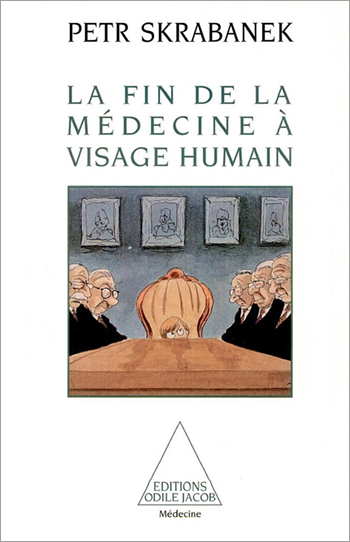
Petr Skrabanek
The End of Humanitarian Medicine
Medicine is at a crossroads. Traditionally, practitioners helped patients who came to them looking for support, for something to alleviate their suffering. However, the progress which has been accomplished in the last few decades has changed everything. Doctors now claim to be fighting death itself, they believe medicine to have almost limitless powers, and they try to prevent illness by changing behaviour. From this point onwards, our entire existence becomes overmedicalized. In the name of health at any price, doctors now dictate, prescribe and legislate whilst forgetting the essential meaning of their job : to help and to care. A violent criticism of contemporary medicine.
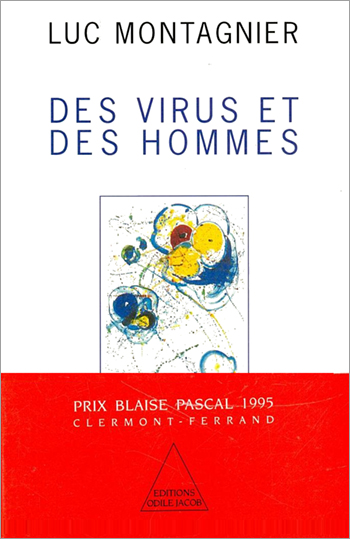
Luc Montagnier
Viruses and Man
Luc Montagnier is the person who, with his team of the Pasteur Institute, discovered in 1983 the virus responsible for AIDS. He tells about the research work which led him to this discovery. He sums up the knowledge we have of this virus, its origin and the way the disease develops. He gives the state of research today and his hopes.
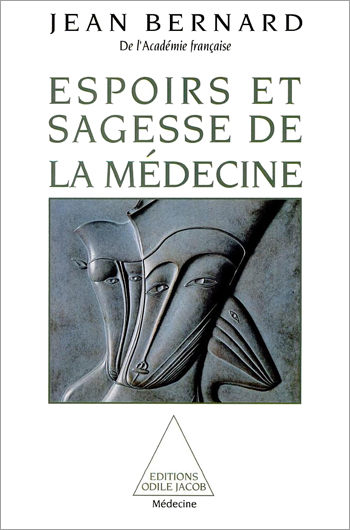
Jean Bernard
The Hopes and Modesty of Medicine
It is possible to predict the medical science of the twenty-first century. This book attempts to describe its essential traits. It will be inspired by two sentiments: hope and modesty. Hope that the misfortune of man will diminish thanks to the progress of medicine. A doubled modesty before the perverse effects of progress and the repercussions of unpredicted events.
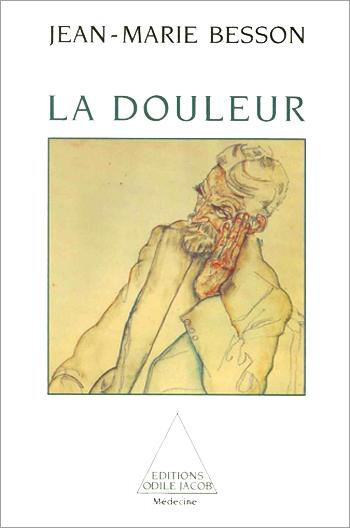
Jean-Marie Besson
Pain
Pain. Doctors and researchers have long sought its origin.In this fascinating essay, well-known neurophysiologist J.-M. Besson explains what pain is and how to combat it. He examines acupuncture, various placebos, and recounts the current search for an ideal analgesic, one containing the power of morphine without its negative side effects.
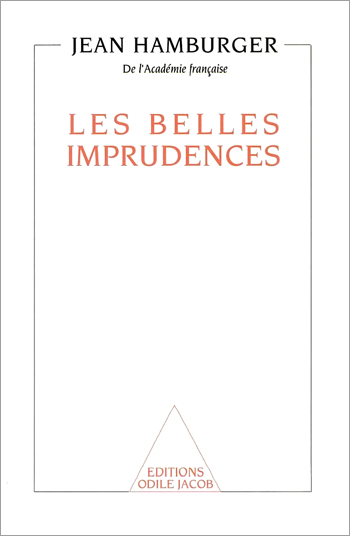
Jean Hamburger
Beautiful Imprudences
"Man has broken all the commandments to which living beings are bound. We had the audacity to want the weak to be protected. We gave rights to the individual. We decreased the rate of infant mortality and doubled the rate of life expectancy. But can we avoid the punishments of these beautiful imprudences?" Jean Hamburger Jean Hamburger was at the forefront of modern necrology and the principals of medical resuscitation. A member of the Académie Française and the Académie de Médecine, he was also President of the Académie des Sciences.

